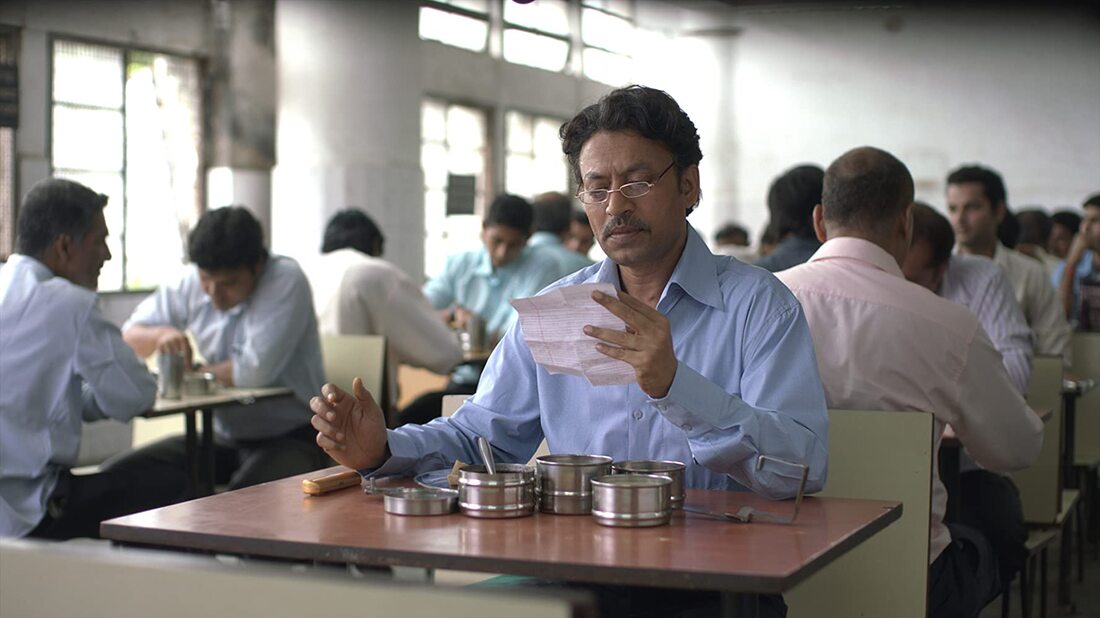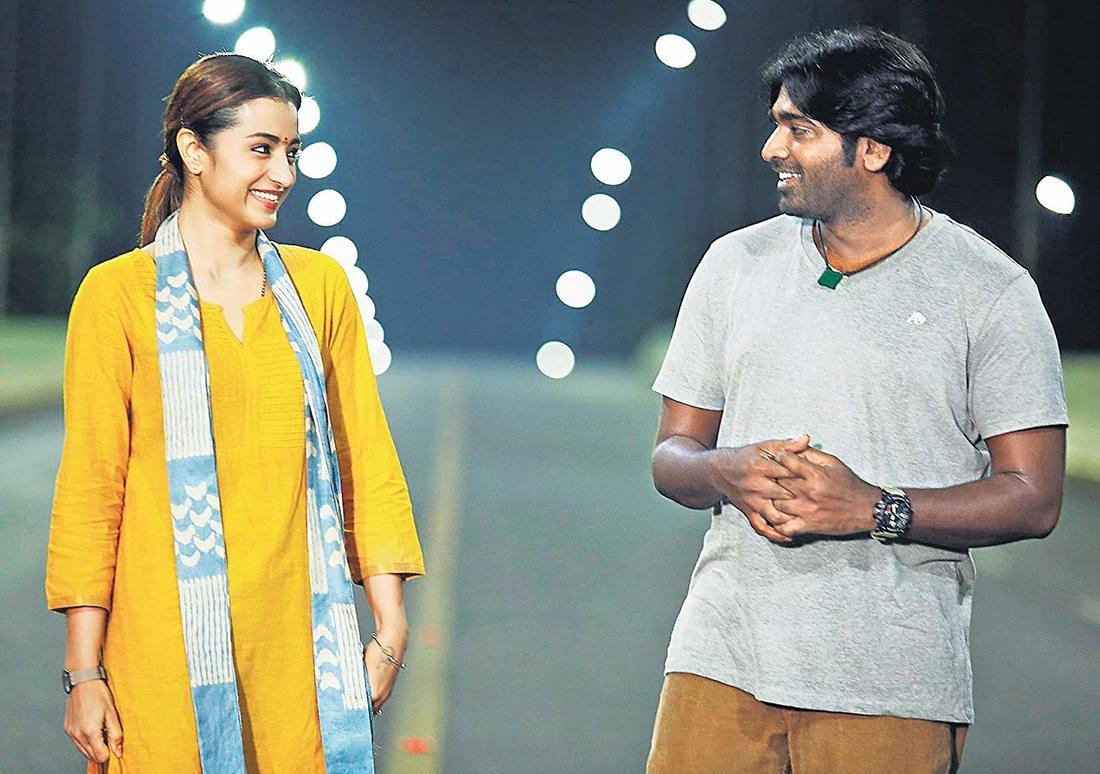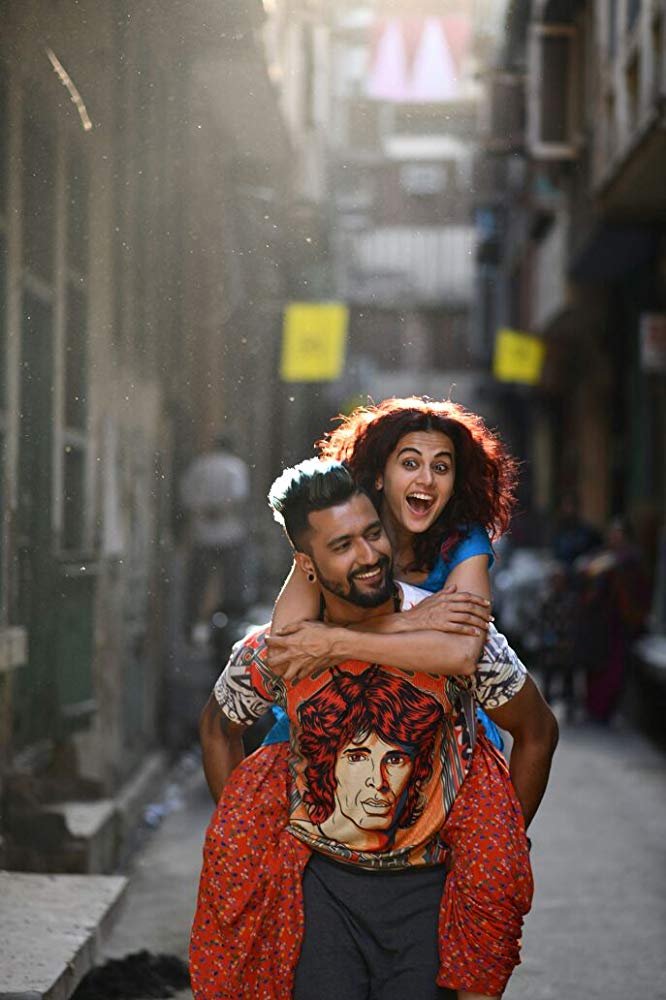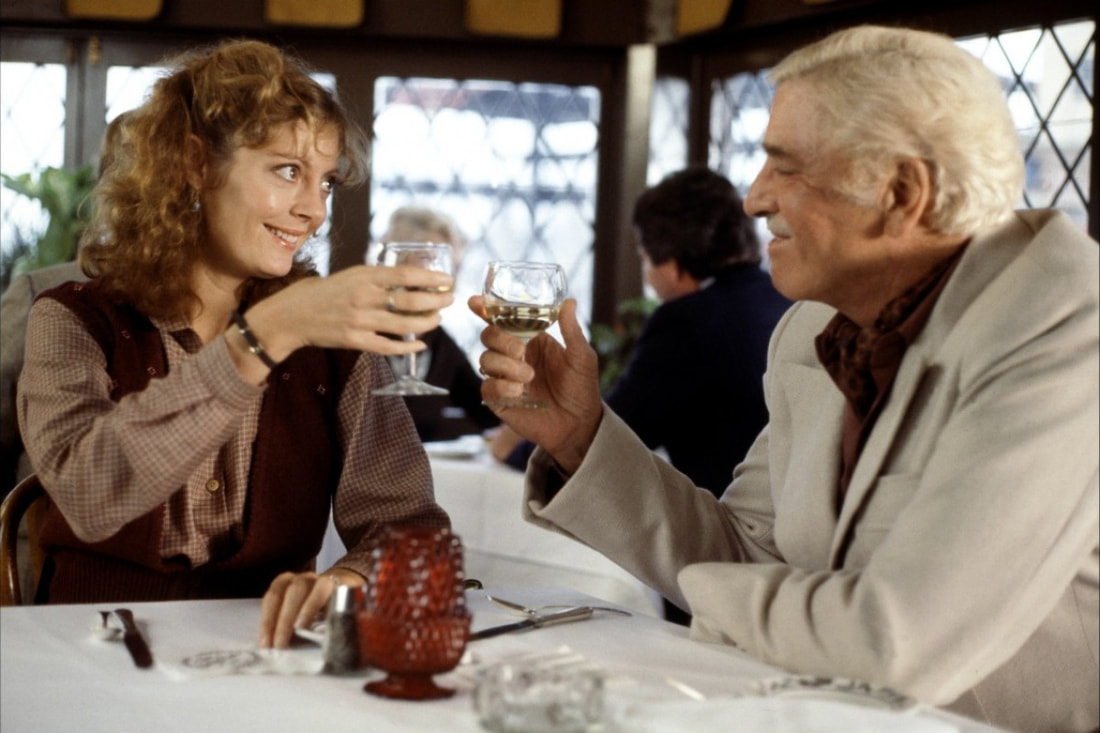|
The first glimpses I caught of Irrfan were from "New York, I Love You", in a segment directed by the brilliant Mira Nair. I guess that is poetic, because she is often credited with discovering Irrfan. In the segment, Irrfan is cast as an Indian diamond merchant (Mansukhbhai) who shares a mystical affection with his client, a Hasidic woman (Rifka) played by Natalie Portman. It's a beautiful segment that makes the viewer wish it was much longer. The gist of the segment is that Mansukhbhai and Rifka are embedded in two distinctly different communities, at clashing junctures of life. Rifka is about to get married to her fiance while Mansukhbhai has a wife, who has left him and their kids to become a Jain nun. They recognize their predicament, made strange and special by the affection and love they have for each other - the kind that happens when you've known a person over a long time on fond, yet non-intimate terms. In this conundrum, they acknowledge their bittersweet reality. They sigh, they smile, and indulge in vivid imaginations of being wed to each other. They deliver a moment of clarity.
For me, this is what Irrfan's cinema has always been about - moments of clarity and truth. First, a confession, I've not yet covered some of his earlier cinematography, the more gutsy, relatively less popular, independent work - the likes of Maqbool or Qissa. Heck, I have not yet seen The Namesake or Salaam Bombay, despite my love for Mira Nair's work. It is a quaint thing I do - save good cinema for later - sort of like saving the last piece of a delicious cake, for fear of running out of novel experiences, once I've indulged in them. I digress. Even if one were to consider Irrfan's most recent set of films, the ones that brought him mainstream attention and multiplex popularity, they're peppered with moments of realization, honesty, and beauty - of truth and clarity. I'm talking about Piku, Qarib Qarib Single, Karwaan, Haider, The Lunchbox, the works. In all these films, whether they center on Irrfan's characters or use him as a support, he seemed to become a window - into life, its questions and answers. In Piku, he was a curious man, inquisitive, pushing Piku to question her moralities. In Karwaan and Qarib Qarib Single, he was wise and redemptive, he knew life, catalyzing the narrative. In The Lunchbox, Irrfan became the one that is pushed, catalyzed, and ultimately, redeemed.
0 Comments
Depending on one's sensibility, young love can fall on two sides of a coin - on one side is the notion that young love and its depiction is usually an extra saccharine dose of cheesy and manufactured artifice - the land of hallmark gift cards. On the other side is the depiction that is based on staunch belief in unadulterated emotions and the transformative powers that love brings forth. With its premise and storyline, " '96 " could have easily fallen prey to the former but it vehemently endeavors to be an exercise in the latter.
Childhood friends Ram and Jaanu go to the same high school. Over time, Ram realizes he has fallen for Jaanu, she has an inkling of this, and reciprocates the feeling in silence. But Jaanu is not one for sitting in anticipation, so she confronts Ram about his awkwardness around her. As she lays her hand on his chest amidst this conversation, Ram diligently faints away. '96 is the kind of film that believes that, had Ram met Jaanu 20 years later, he would still have the same reaction when she touches him. And he does. But the beauty of the film is in how it convinces us to chuckle heartily at this later reaction, not cringe at it. As a cheeky hint, the film begins with a song that calls out the various shades of grey in modern love. This occurs as we see Vicky jump across rooftops to get to Rumi's room, where they make love as Rumi's sister stands guard against the door, ready to warn them if any elderly from the household was to come that way. Rumi and Vicky lust and long for each other, she is forced to get married by the household, Vicky is not ready yet, in comes an NRI groom who falls for Rumi and is ready to give her time. All hell breaks loose.
If this sounds a bit tropy, maybe it is. But with "Manmarziyaan", Kanika Dhillon takes a love triangle and opens the pandora's box wide open. As another cheeky lyric goes, this is an update on the tropes. Her interest here is in understanding the different layers, the intentions, and the circumstances that define modern love in the Indian context. This aligns with Anurag Kashyap's ever-growing penchant for exploring the dark corners of the human mind and heart. Together they weave a riotous narrative of three souls determined to burn themselves in love. Taapsee Pannu is the embodiment of this whole shebang - a firebrand, outshining everything and everyone else in this outfit. Vicky Kaushal is an impressive counterpoint, whose taking beautiful strides in his career, with the nuance getting better with each role. |
Read MoreAtlantic CityAtlantic City says so much about two people in a relationship, without saying too much.
Booksmart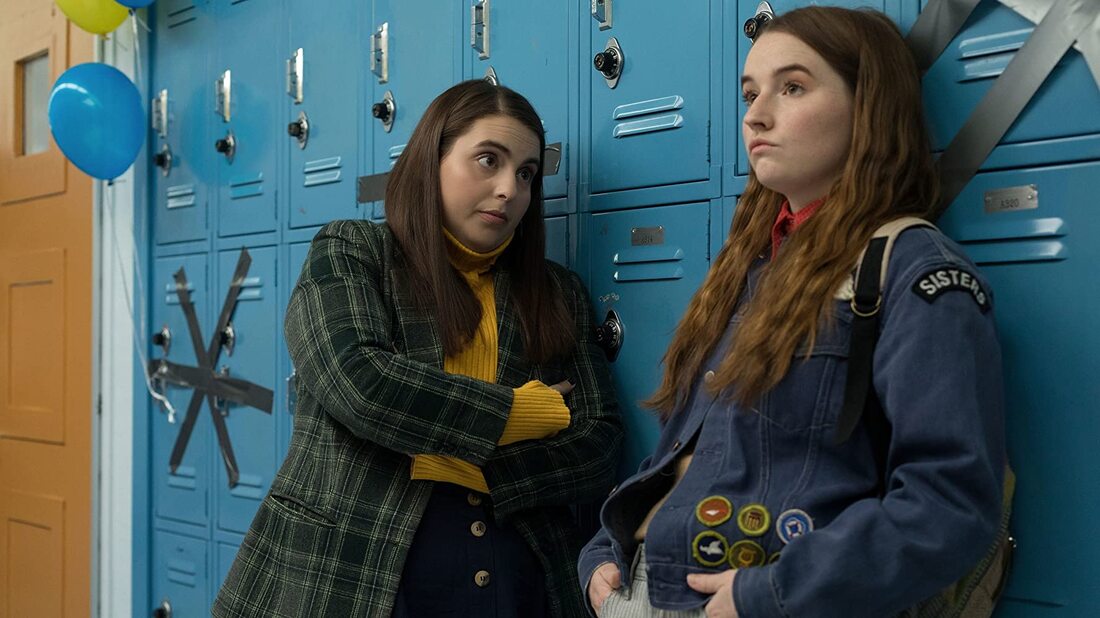
A comedy that is fun, while being just good cinema in the first place.
Categories
All
|
